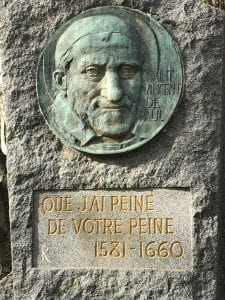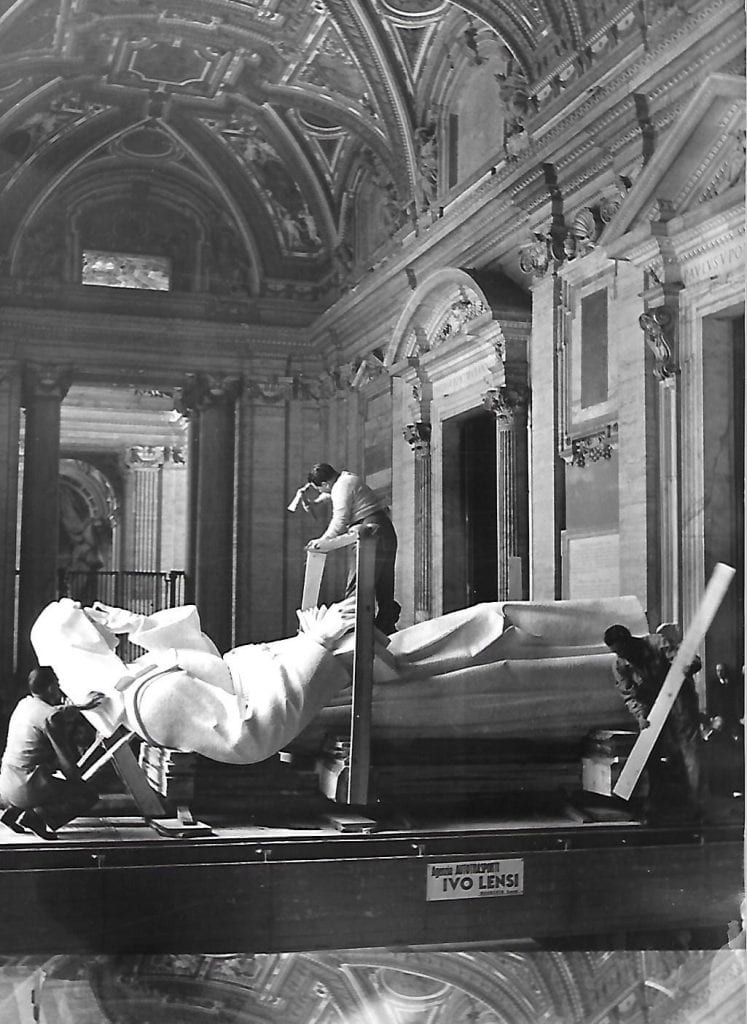 As Louise de Marillac endured a particularly difficult trial in her life, Vincent once told her “Que j’ai peine de votre peine!” [How sorry I am about your suffering!] (CCD, 1:138.) While Vincent may have wished to eradicate the cause of Louise’s suffering, it was beyond his power. Instead, Vincent chose to accompany her, reassuring her of his love and unwavering support. This provided Louise with some level of comfort until the trial had passed. “In true compassion and honesty, heart spoke to heart.” (VH 12:2, 136.)
As Louise de Marillac endured a particularly difficult trial in her life, Vincent once told her “Que j’ai peine de votre peine!” [How sorry I am about your suffering!] (CCD, 1:138.) While Vincent may have wished to eradicate the cause of Louise’s suffering, it was beyond his power. Instead, Vincent chose to accompany her, reassuring her of his love and unwavering support. This provided Louise with some level of comfort until the trial had passed. “In true compassion and honesty, heart spoke to heart.” (VH 12:2, 136.)
Today, as we confront the numerous challenges of the Coronavirus, we may feel overwhelmed. How do we respond to the pain and suffering in our own lives, in the lives of our families, our friends, neighbors and colleagues, and indeed, those affected globally? Vincent’s example of deep compassion and care for the many who suffered around him, particularly those who were poor and marginalized, may offer a compelling witness.
We are finding our way. At this most testing of times, many in our DePaul community are responding in truly innovative and pragmatic Vincentian ways, showing us the way of wisdom. Whether it be through donating personal protective equipment to local hospitals, using 3D printers to make face shields and mask covers, writing cards with messages of hope to seniors who are isolated, donating funds for those in need, or participating in university prayers for the well-being of our community and our world, in myriad ways DePaul is proving that “love is inventive to infinity.” (CCD, 11:131.)
During this time of global pandemic, how is your heart calling you to speak? If, today, you hear an invitation to engage in acts of love and solidarity, how might you respond?
Citations:
- 92, To Saint Louise, [1631], CCD, 1:138.
- Kneaves, “A Woman Named Louise,” Vincentian Heritage 12:2 (1991), 136. Available at: https://via.library.depaul.edu/vhj/vol12/iss2/3/
- 102, Exhortation to a Dying Brother, 1645, CCD, 11:131.
By:
Siobhan O’Donoghue
Director, Faculty and Staff Engagement
Division of Mission and Ministry







